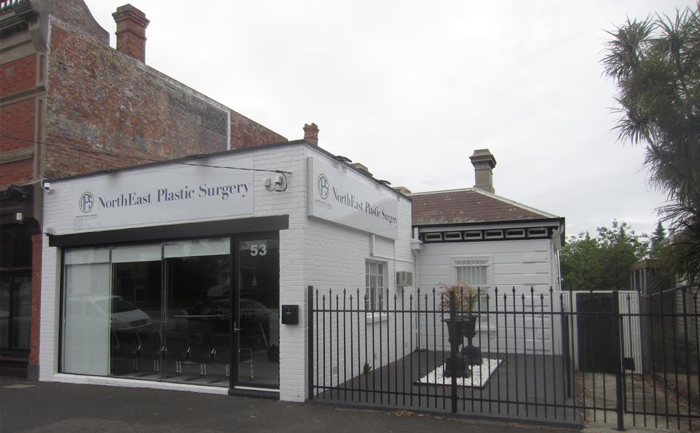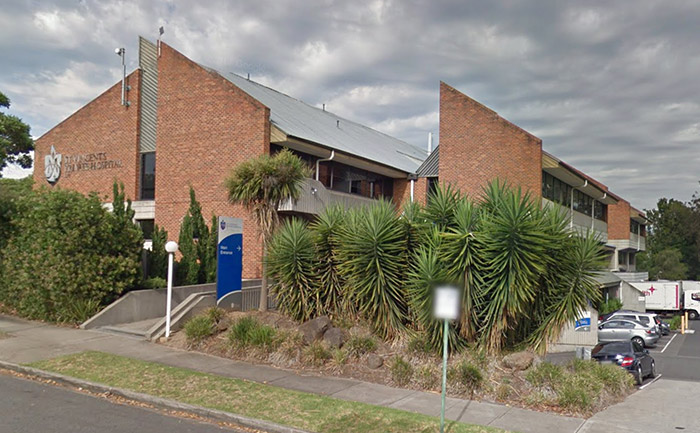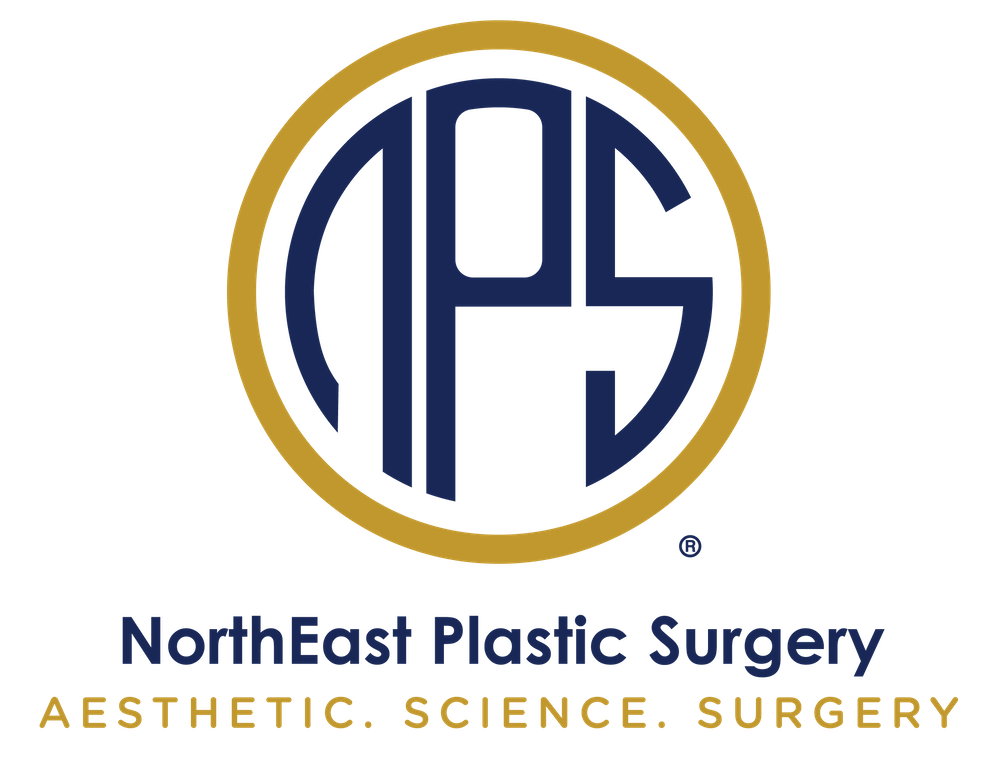Before undertaking any surgical procedure, you will need to book a private consultation with one of our surgeons.
Why consider an Otoplasty? | Otoplasty surgery consultation | Otoplasty surgery | Recovery period | Book Consultation
Otoplasty is a surgical procedure performed to address prominent ears or prominent ears, as well as addressing and correcting any other developmental abnormalities of the ears.
Before undertaking any surgical procedure, you will need to book a private consultation with one of our surgeons. The purpose of this consultation will be to assess your expectations and advise you on the reasonable outcomes and potential risks of your surgery.
Otoplasty is a procedure commonly considered during childhood and adolescence and parents will need to be present with their child during their consultation, so that they can be made aware of the reasonable outcomes and any possible complications.
Your surgeon will cover any potential limitations to achieving the desired outcomes, including the shape of cartilage structure and any development abnormalities of the ear which may be identified. Otoplasty is normally reserved for patients who are over the age of eight and who can display a level of maturity to comply with a strict aftercare process.
Your surgeon should be made aware of any relevant medical history, including tendency of bleeding, bruising, and history of scarring. Any developmental issues will also need to be discussed, as well as any psychological or psychiatric issues. Surgeons also need to be informed of any medications taken, or allergies to any anaesthetic agents, dressings or medications.
Your surgeon may require you to undergo further medical assessment, including blood tests, before approving you for surgery. You will also be advised to abstain from any blood thinning medications and other types of medication that may cause complications during or after surgery.
These include the oral contraceptive pill, as well as over-the-counter pain relievers such as aspirin and Nurofen, and some herbal supplements like fish oil and ginseng.
If you are a smoker or use products containing nicotine, such as patches or gums, you will need to cease smoking six weeks before your surgery and continue to abstain for six weeks following your surgery and avoid nicotine products for two weeks pre- and post-surgery.
While we do not anticipate any complications with your surgery it’s important to understand that there are risks associated with every surgery.
Risks associated with otoplasty include abnormal scarring, wound complications such as wound breakdown, infection and bleeding, which may result in inflammation of the ear cartilage, known as chondritis. Any further surgery required to address these complications will carry its own set of risks.
Revisional surgery may be required in cases where there is asymmetry of the ears or residual deformity. Approximately five percent of patients who undergo otoplasty require some form of additional surgery.
There is a cost for an initial consultation at our Melbourne clinic, with the potential to receive a portion of this back via Medicare where eligible for rebate, provided you have a referral from your GP. You can call our Melbourne office on 03 9088 5000 to enquire about any out-of-pocket costs before your initial consultation as well.
As part of your private surgical consultation, your surgeon will discuss the costs of your procedure, after completing a medical assessment and gaining an understanding of your desired outcomes. We do not advertise set prices for any of our procedures on our website as in part, our fees reflect the complexity of your surgical requirements.
Your procedure will be performed under general anaesthetic administered by a specialist anaesthetist in an accredited hospital. A list of the hospitals we work out of is available on our home page.
During your procedure, your surgeon will place incisions on the back of the ear, extending from the top of the ear to above the earlobe. Your surgeon will discuss the extent of the incision necessary during your consultation, as well as how your ear cartilage will be shaped to improve the look of the ears.
Once the procedure is complete, your surgical wounds will be repaired using internal stitches. A head bandage is also applied, which is replaced with a headband one week after surgery and worn for a further week.
It is important that access to medical attention is available by telephone once you have been discharged. Issues about which your surgeon needs to be made aware urgently include pain uncontrolled by medication, bleeding to the extent that the dressings soak through with blood, temperatures exceeding 38 degrees Celsius, redness of the skin or any concerns related to the surgery.
Following a period of monitoring in the recovery room, patients will be discharged on the day of surgery and given pain medication and antibiotics. It is important you can access medical attention easily following surgery, so as to alert your surgeon to any complications such as a high temperature exceeding 38 degrees celcius or excessive bleeding.
Your head should remain elevated with pillows for seven days following surgery to minimise bruising, which will decrease five to 10 days after surgery. Do not be alarmed if swelling and bruising increase over the first three to five days, as this is common. Sensation in the ears may also be affected, but will return to normal in the next few months.
You can return to mild physical activity, such as walking for exercise, two weeks following surgery, commence running at six weeks and normal exercise including swimming at eight weeks. You can expect to return to school or work after two to three weeks post-operation.
It’s important to note that the final result of your surgery may not fully appear for many months. In some cases, there may be prominent scarring for up to 18 months following surgery. Whilst your surgeon will guide you on swelling and scar management, scarring is different for each patient.
Mr Patrick Tansley MD FRCS (Plast) and Dr Sugitha Seneviratne FRACS (Plast) provide second opinion to patients seeking to address previous cosmetic plastic surgery problems and revisions for already ‘botched’ surgery. If you would like a second opinion on previously undertaken surgery, book a consultation to discuss this with one or both of our surgeons.
As the privacy of our patients is of the utmost importance to us, we do not provide before and after photos on our website. You will be shown a number of before and after images during your private consultation to illustrate the potential outcomes of surgery. These images have been provided by previous patients who have consented to their private use.
E: melbourne@northeastplasticsurgery.com.au
T: (03) 9088 5000
F (03) 9088 5001
P 0411865055
(paging service for after hours emergencies only)

Essendon practice
53 Fletcher Street
Essendon
Vic 3040
Onsite parking and tram service (59) to the premises

St Vincents Private Hospital Consulting Suites
5 Studley Avenue,
Kew
Vic 3101
Onsite parking to the premises
